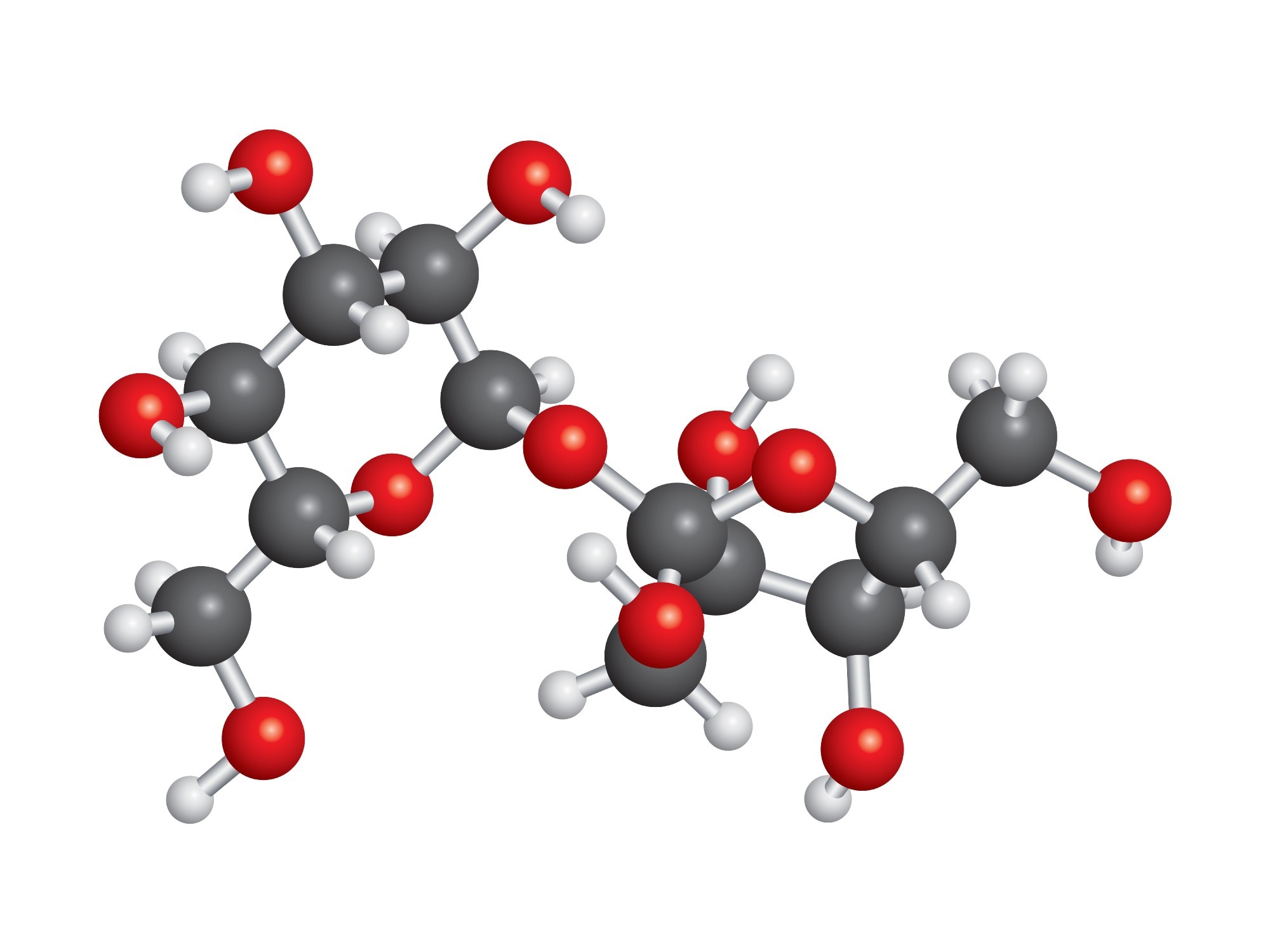Harnessing the Power of Polymers: Comprehending the Comprehensive Uses and Positive Effects
Polymers, with their diverse chemical structures and residential properties, have actually come to be crucial in countless industries, transforming the method we communicate with products every day. From the product packaging that safeguards our food to the fibers that dress us, the applications of polymers are vast and varied. Past their common visibility lies a much deeper understanding of their favorable effects, getting to much beyond plain ease. As we explore the considerable uses of polymers and their duty fit an extra lasting, reliable, and cutting-edge future, it becomes obvious that their possibility is as large as the molecules themselves.
Adaptability in Everyday Products
Polymers exhibit impressive adaptability in a broad array of daily items, demonstrating their important role in modern-day culture. From the adaptable plastic housing of mobile phones to the durable fibers in apparel, polymers have actually transformed the way we interact with items in our everyday lives. One of the most typical uses polymers is in product packaging materials. Polyethylene, for instance, is commonly utilized in food product packaging because of its light-weight, sturdy, and moisture-resistant residential or commercial properties. In addition, polymers play an essential function in the auto industry, where they are made use of in making lightweight components that improve fuel effectiveness.
Naturally degradable polymers are utilized in stitches and implants, reducing the risk of adverse reactions in people. In the building and construction industry, polymers are integrated into paints, adhesives, and insulation products, enhancing longevity and power effectiveness.
Sustainability in Product Innovations
With the recurring emphasis on ecological awareness and resource effectiveness, the emphasis changes towards sustainability in material innovations, reflecting a growing dedication to liable production techniques throughout different industries. In current years, there has actually been a significant surge in the growth of lasting products, especially within the realm of polymers. These cutting-edge products are created to reduce ecological effect throughout their whole lifecycle-- from sourcing basic materials to disposal or recycling.
One substantial element of sustainability in material developments is the idea of biodegradability. Eco-friendly polymers have garnered interest for their capacity to damage down naturally into non-toxic results, reducing waste and contamination. Additionally, the use of recycled polymers obtained from post-consumer or post-industrial resources is acquiring grip as a way of advertising a circular economic climate and lowering reliance on virgin materials.

Enhancing Performance in Engineering
Enhancing performance in design calls for a precise combination of sophisticated technologies and precise methods to enhance functionality and effectiveness in numerous commercial applications. Polymers play a vital role in this endeavor, providing a variety of advantages that enhance the efficiency of engineering materials and components.
One secret facet of enhancing performance in engineering is the capability of polymers to enhance sturdiness and toughness. By including polymers right into engineering layouts, manufacturers can click for info develop light-weight yet durable frameworks that can hold up against high levels of stress and strain. This characteristic is especially valuable in sectors such as aerospace, auto, and building, where the demand for solid yet light-weight materials is vital.
In addition, polymers can additionally enhance performance by offering thermal and chemical resistance, decreasing friction, and boosting electrical conductivity. These residential or commercial properties click here to read make polymers optimal for a variety of design applications, including seals, bearings, coverings, and electronic parts. Polymers. By utilizing the unique properties of polymers, designers can maximize the performance of their designs and produce extra reliable and trusted products
Impact on Medical Developments
The assimilation of sophisticated polymer modern technologies has actually dramatically added to innovative improvements in the clinical field. Polymers have played a crucial function in contemporary medical innovations, ranging from medication shipment systems to tissue engineering. Among the key areas where polymers have made a substantial impact page is in the advancement of eco-friendly sutures and implants. These polymers can be customized to degrade at a certain price, permitting far better injury recovery and reducing the need for extra surgical procedures to get rid of implants.
In addition, polymer-based products are progressively being used in clinical devices such as catheters, stents, and prosthetics because of their biocompatibility and flexibility. Polymer layers on medical tools can prevent infections and boost general individual results - Polymers. Furthermore, developments in nanomedicine have allowed the usage of polymer nanoparticles for targeted medication shipment, enhancing the effectiveness and lowering adverse effects of numerous medicines
Function in Environmental Conservation

Additionally, polymers are made use of in water treatment processes, assisting in the purification and recycling of water sources. This aids in reducing water air pollution and ensuring access to tidy water for both human consumption and ecological health. Polymers likewise contribute in farming with the advancement of biodegradable composts and controlled-release plant foods, promoting lasting farming practices.
Final Thought
In conclusion, polymers have proven to be a flexible and crucial material in various sectors, from day-to-day items to design and clinical developments. Understanding the substantial usages of polymers emphasizes their relevance in driving development and development in numerous areas.